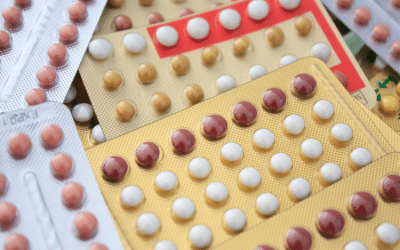The Crispr-Cas9 technique which enables the modification of the human genome is at the center of the preoccupations of an international conference taking place in Washington from December 1st – 3, at the initiative of the American Academy of Science and Medicine, for which the Britannic Royal Society and the Chinese Society of Science are participants.
In an article published in Nature, the biologist Jennifer Doudna, co-founder with the Frenchwoman, Emmanuelle Charpentier of this technique, announced that she expects this conference to lay down clear guidelines on security, communication, international cooperation, rules, and prudence, as to what is ethically acceptable or not.
This technique is a simple, inexpensive, flexible, genetic tool, which allows the correction of defective DNA of all cell types: whether vegetable, animal or human. “It’s a bit like a Swiss knife which cuts DNA at a specific spot and can be used to introduce a complete series of changes in the genome of the cell or of the organism”, explains Emmanuelle Charpentier. One of the most important potential applications would be new therapeutic techniques for certain human genetic diseases.
But the dilemmas brought about by this are serious, especially since the announcement in April 2015 by a Chinese team who modified a defective gene in several human embryos. In fact, the CRISPR-Cas9 technique enables modification of human DNA in embryos, ovules or spermatozoids, and that, in a way that becomes transmissible from generation to generation; to make it short “customized babies” and “improvements in the human genome”.
In October 2015, the UNESCO International Bioethics Committee called for a moratorium on the techniques of editing human reproductive cells DNA in order to avoid modifications in opposition to ethics of individual hereditary characteristics, which could lead to the resurfacing of eugenics.
For Tugdual Derville, Alliance VITA’s general delegate: “ethics do not purely and simply forbid the use of a promising technique, but we ask politicians and scientists to issue appropriate and effective guidelines, to determine the limits that must not be transgressed. These techniques of editing DNA applied to human reproductive cells or to human embryos legitimately cause dizziness: we are risking the emergence of custom-made babies. At a time where the climate and our planet occupy all our leaders, we should recall that the human genome is the most precious part of “the heritage of mankind”. Its integrity must absolutely be preserved for future generations. This is therefore a major challenge for governments, who, unfortunately, have not yet realized it.”



